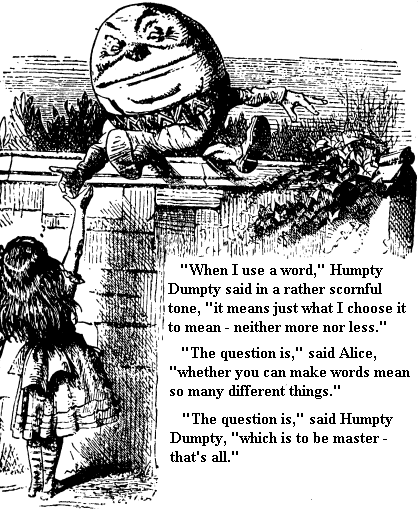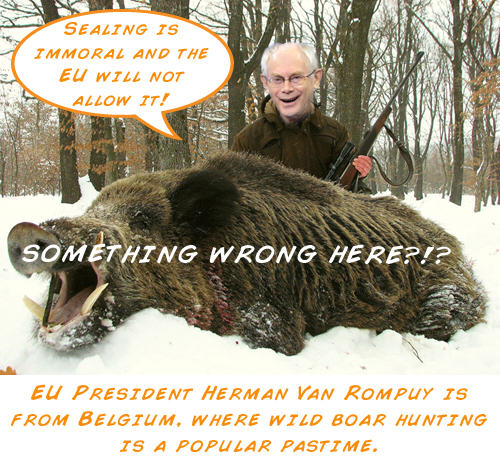The World Trade Organisation (WTO) was formed on the principles of free trade and non-discrimination. However, its Dispute Settlement Body…
Read More
The World Trade Organisation (WTO) was formed on the principles of free trade and non-discrimination. However, its Dispute Settlement Body recently announced that it is supporting the EU's ban on the commercial trade in seal products, a ban that was set up on the grounds that the legislation served the 'public moral concerns' of a select segment of the EU population.
But what is 'public morality', really? The WTO itself doesn't have a definition. The General Agreements on Tariffs & Trade (GATT) does, but only that it allows each country to set its own definition.
This is opening a huge can of worms. It could allow a deluge of restrictive trade measures being justified on the grounds of 'public morals'. For example, a WTO member could block the import of pharmaceuticals based on a 'moral' objection to reliance on animals in medical research. No scientific support or data - just the belief it's immoral.
Similarly, governments could impose restrictions on the importation of animal products based solely on 'moral' concerns related to the animal husbandry practices employed in a particular country. No incentive to improve its animal welfare standards or attempt to correct long-held misapprehensions.
SEE ALSO: EU SEALING POLICY IS HYPOCRITICAL, ANTI-DEMOCRATIC
To take an example close to home - people still believe the fur industry skins animals alive for their pelts. Why would workers do something so unnecessarily cruel and make their own jobs that much harder? They don't, but many still think they do.
And why would WTO member states bother to negotiate complex trade disputes if they can just assert a moral objection and ban it? A decade ago, the EU, Russia and Canada addressed ethical concerns over fur trapping and that led to some of the most stringent animal welfare standards in the world - ones that apply to this day.
That would never have happened if they'd just said it was 'morally wrong' and slammed the door on any further discussion.
Freedom of Choice Denied
It's actually a matter of freedom of choice - something we take as a right, but that this decision has damaged massively. If someone doesn't want to wear fur, or eat beef, they have every right to do so. The same applies if they do.
SEE ALSO: PUBLIC MORALS AND TRADE BANS: WTO CAVES
This crops up in the fur trade because animals are involved, and that makes it emotional and divisive. Using 'public morals' to ban an animal product doesn't address the underlying issue of animal welfare or species conservation, as animals will continue to be hunted and farmed in the banned country and virtually every other country as well.
Instead, surely the responsible way forward is to promote welfare standards that create an incentive. This became abundantly clear after my recent trip to Sweden and Ireland, where hundreds of thousands of fur-bearing animals are trapped and killed - and virtually all are discarded. Why? For conservation and animal management.
This applies to the red fox in Switzerland, the 200,000-300,000 muskrats trapped in the Netherlands every year and millions of animals trapped throughout Europe, virtually all of which are discarded. Many consider that to be immoral.
So in essence, the anti-fur campaigns have stunted improvements in animal welfare and conservation practices and denied millions of Euros to rural people. But easy images of traps and "poor, innocent animals" are all we ever see. If these are the effects of public morality in action, we are indeed on a slippery slope.
To be honest, my own personal experience tells me it can be an easy mistake to make. As a former member of parliament I suspect I was at times guilty of thinking I had the right to set a moral agenda when I passed laws. All too often our politicians get too involved - lecturing the public on what's right or wrong - or worse still making sweeping judgements perhaps based on a few hundred protest cards or e mails rather than thinking about the silent majority.
With hindsight, I recognise that we are in dangerous territory when a politician or a government seeks to try and form a range of moral standards or assumptions. Making laws based on morality troubles me. Laws based on a set of basic human rights' principles or scientific evidence is a better measure than a politician's rather flimsy interpretation of what he or she thinks the moral values of the electorate might be.
This article was originally published in The Huffington Post - United Kingdom. View it here: Public Morals are a Slippery Slope










